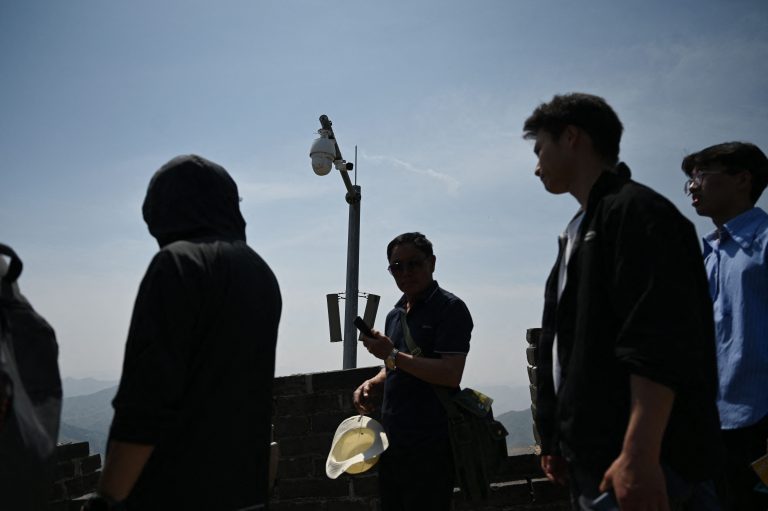Recently, China has intensified its ban on people leaving the country, including foreign executives and human rights defenders, a new report claims.
This development comes after Beijing opened its doors to the world following three years of strict zero-COVID restrictions.
Beijing’s control tightens
According to data from the rights group Safeguard Defenders, China’s exit bans have resulted in many Chinese and foreigners being apprehended. An analysis by Reuters also showed that the number of court cases involving these bans has increased “in recent years,” triggering concerns by foreign businesses.
“Since Xi Jinping took power in 2012, China has expanded the legal landscape for exit bans and increasingly used them, sometimes outside legal justification,” the Safeguard Defenders’ report reads.
“Between 2018 and July of this year, no less than five new or amended [Chinese] laws provide for the use for exit bans, for a total today of 15 laws,” Laura Harth, campaign director of Safeguard Defenders, said.
Success
You are now signed up for our newsletter
Success
Check your email to complete sign up
Safeguard Defenders suggest that “tens of thousands” of Chinese are being banned from leaving the country “at any one time.” Another report by Chris Carr and Jack Wroldsen, from the California Polytechnic State University, in 2022 also found that there were 128 cases of foreigners being banned from leaving the country between 1995 and 2019, including 29 Americans and 44 Canadians.
Among those caught by the ban was Chinese human rights lawyer Tang Jitian, who learned of his case on June 2, 2021, when he tried to fly to Japan to visit his daughter who was in a coma. After handing his passport to an official, they told him that he was barred from leaving “on national security grounds,” al-Jazeera reported.
“Tang wasn’t a suspect in a criminal case, nor was he a party to any ongoing judicial proceedings,” Safeguard Defenders said. “He was just a human rights lawyer desperate to see his sick daughter.”
Another victim was a Singaporean executive at the U.S. due-diligence firm Mintz Group, after the firm’s China office was raided in late March, according to three people familiar with the matter. Mintz was suspected of “engaging in lawful business operations,” the foreign ministry said.
READ MORE:
- Thugs Who Attacked Falun Gong Practitioners in Hong Kong Sentenced for Property Damage
- Chinese Nationals Busted in Alleged Thailand Counterfeit Gold Scam
- ‘It Really Was Divine’: Audience Members Praise Shen Yun in Stamford, CT
The publicity surrounding these bans come in the midst of heightening U.S.-China tensions over trade and security disputes, contradicting China’s earlier message that it is opening its doors to overseas investment and travel after its three years of COVID-19 restrictions.
According to a Reuters analysis, there was an “eightfold increase” in cases mentioning bans between 2016 and 2022, with China’s Supreme Court database saying that the bans are “civil, not criminal.”
Last week, Beijing made amendments to its counter-espionage law, which allowed the government to strike anyone, Chinese or foreign, with exit bans.
Following the increase in measures, foreign businesses are alarmed by the possibility of being banned for national security reasons.
“The uncertainty is huge,” Jorg Wuttke, head of the European Union Chamber of Commerce in China. “Can you do diligence? Clarity has to come.”
“At a time when China is proactively trying to restore business confidence to attract foreign investment, the exit bans send a very mixed signal,” the chamber told Reuters in a statement.
The bans also impact ordinary Chinese involved in financial disputes, in addition to rights defenders, lawyers and ethnic minorities.














